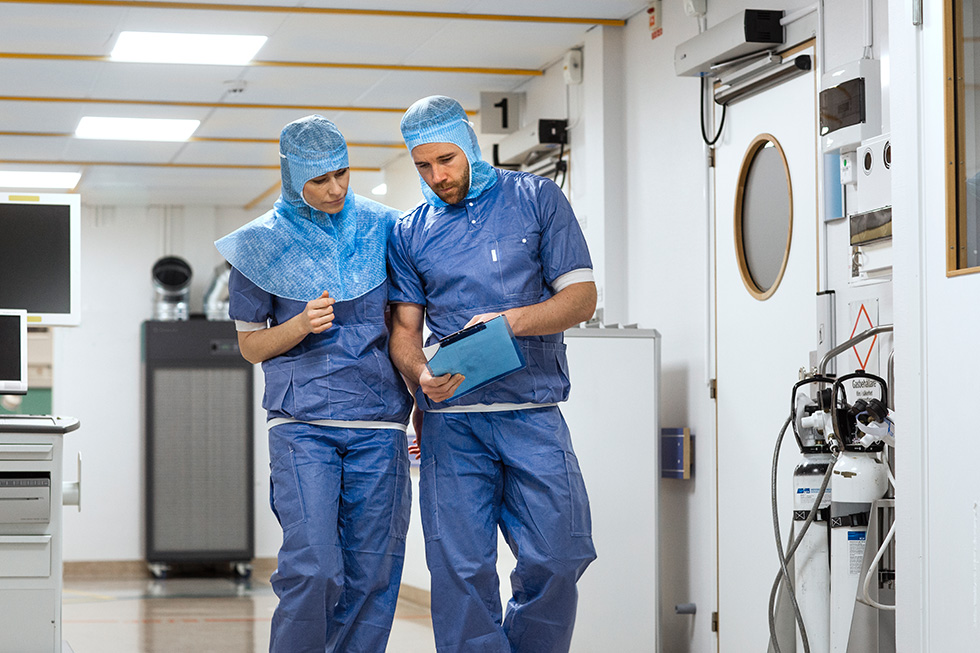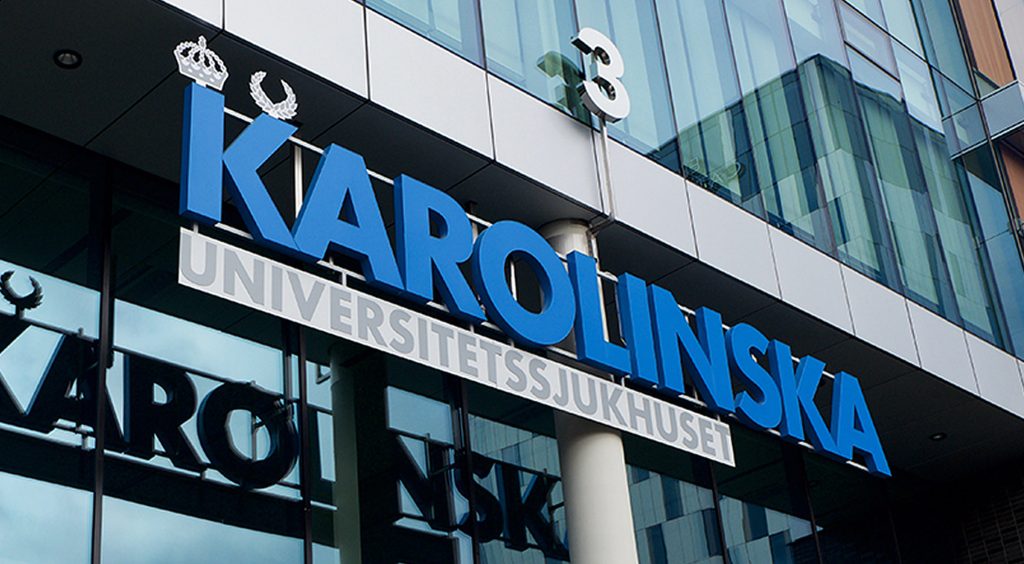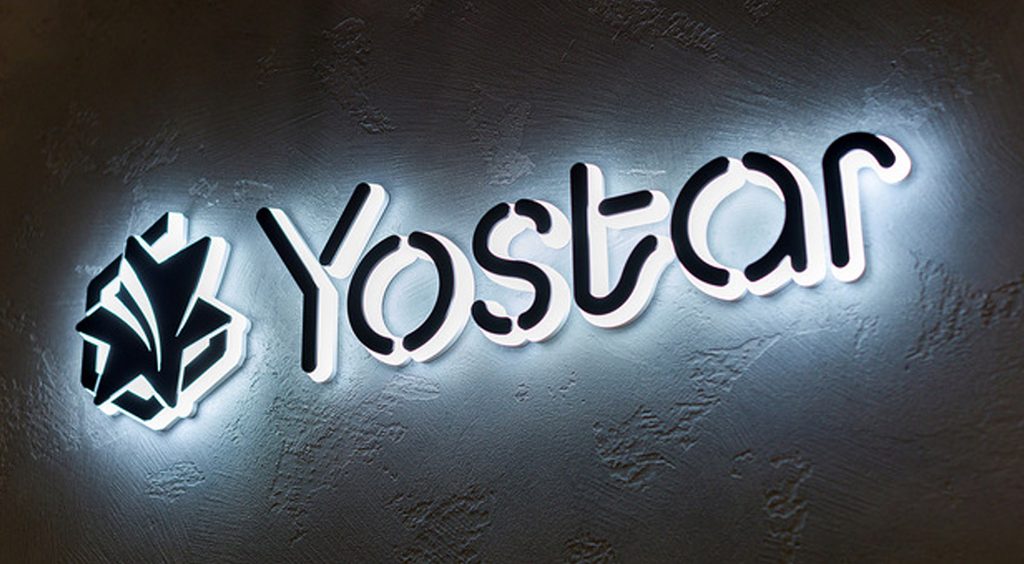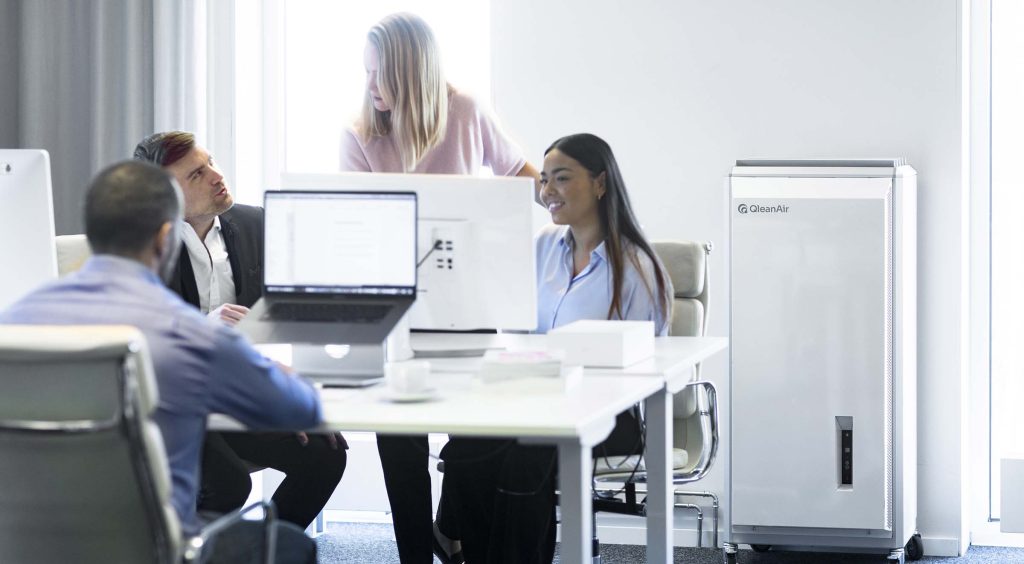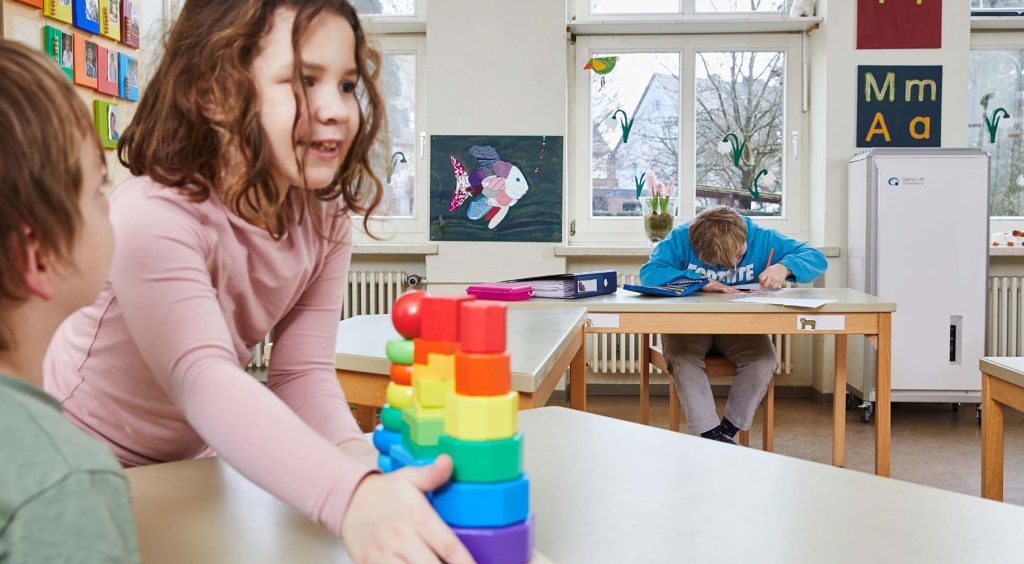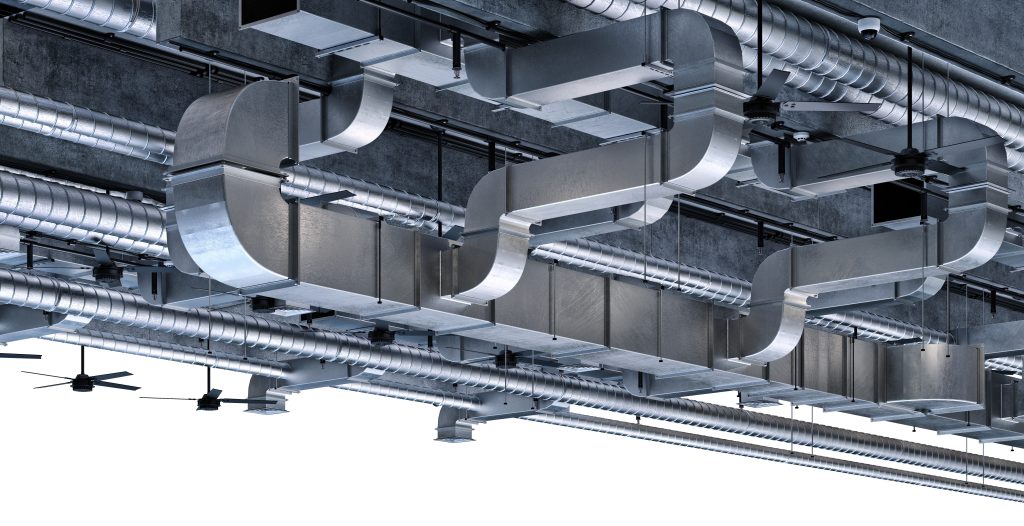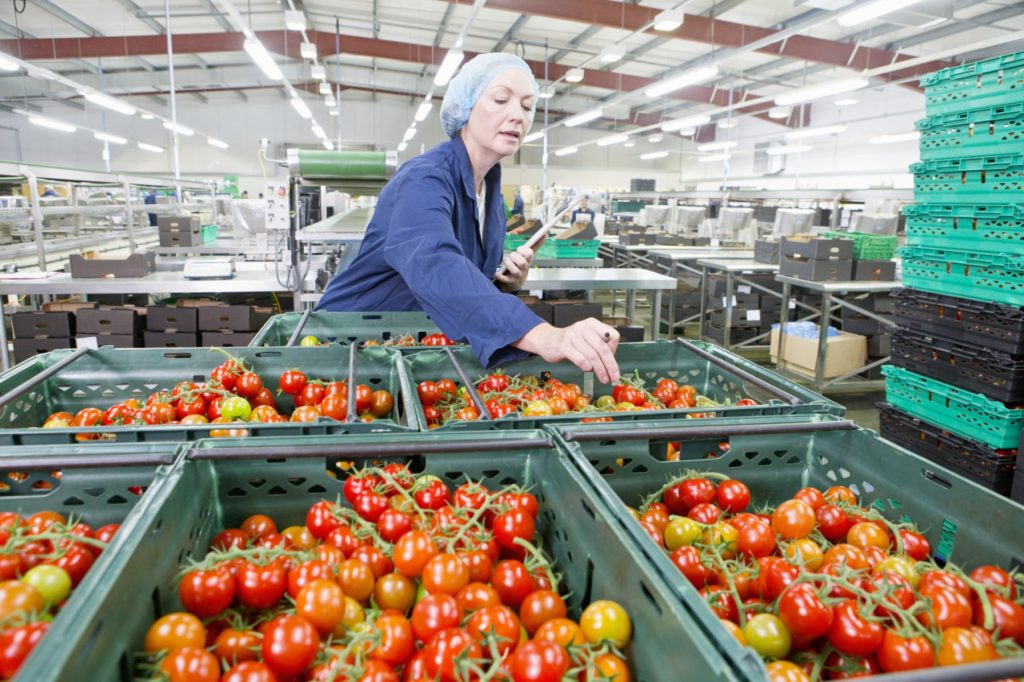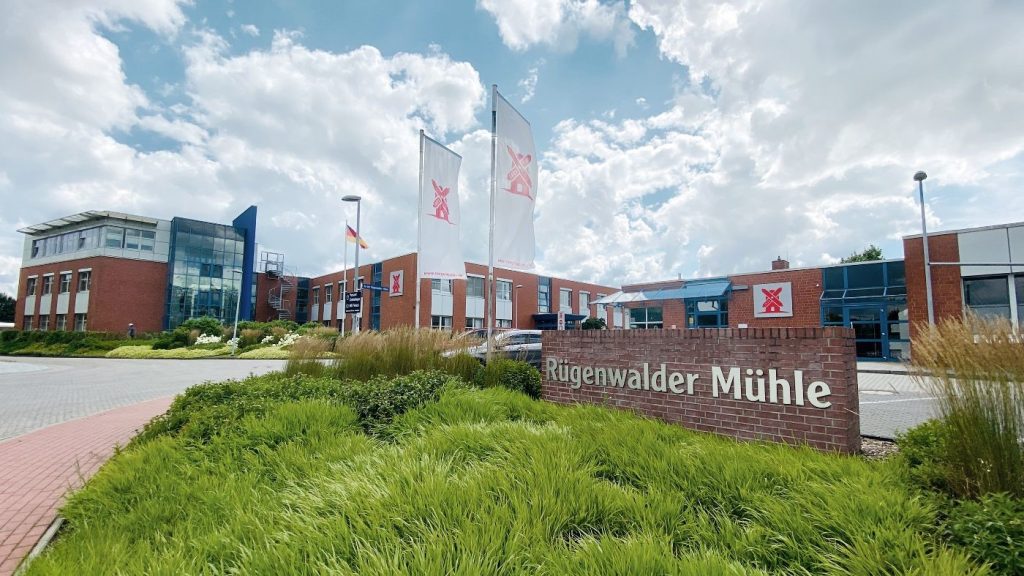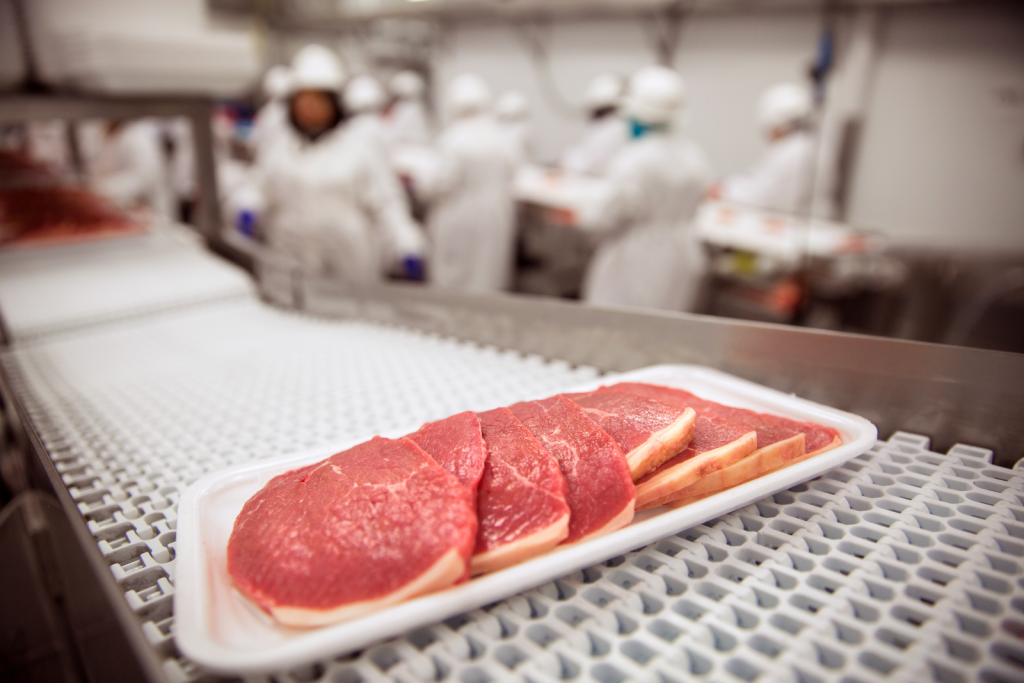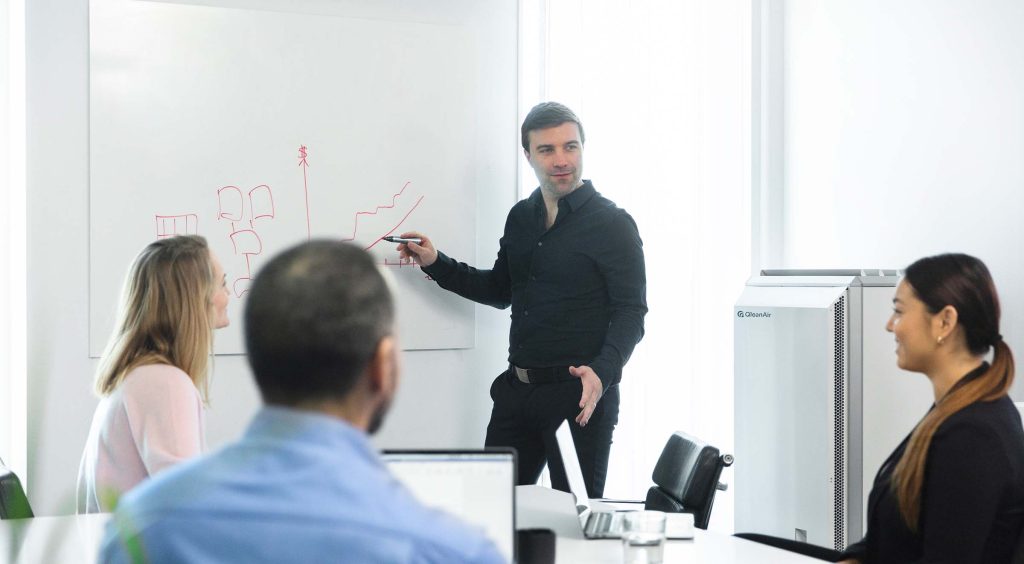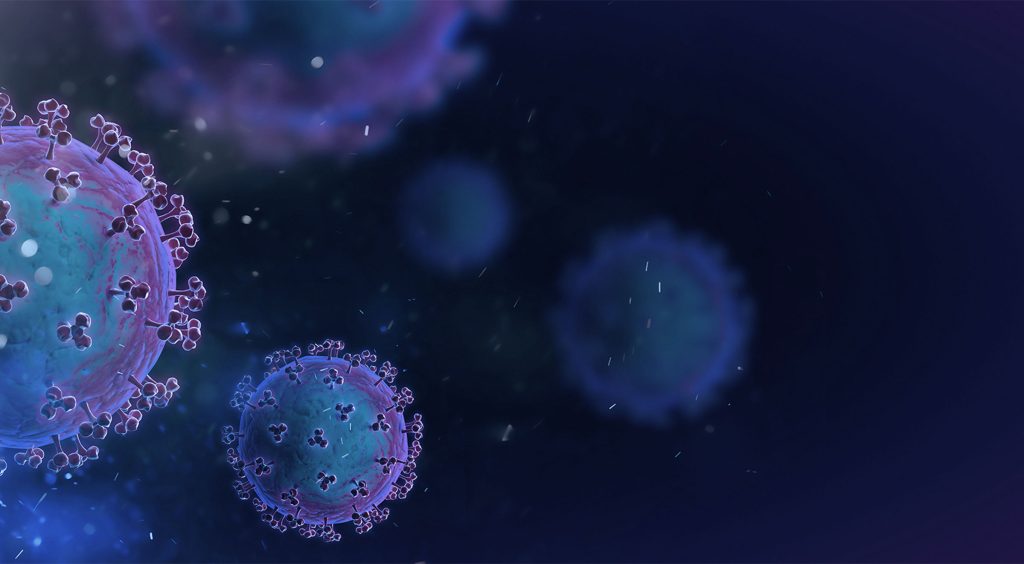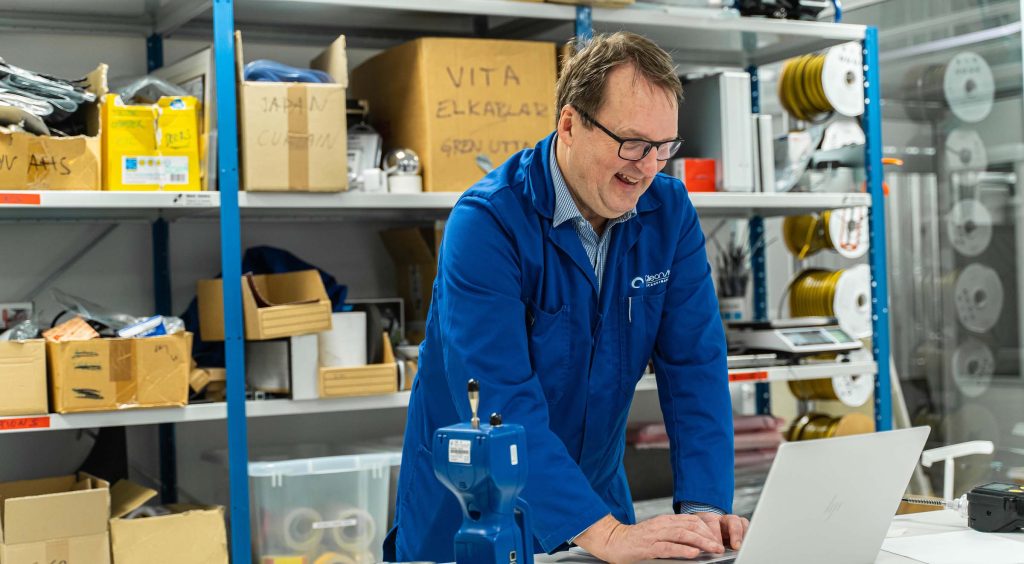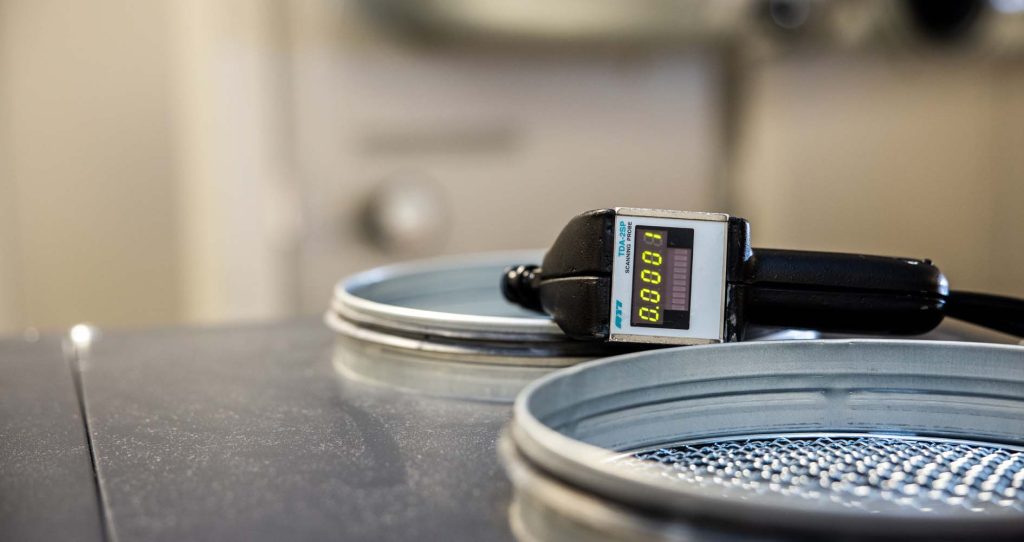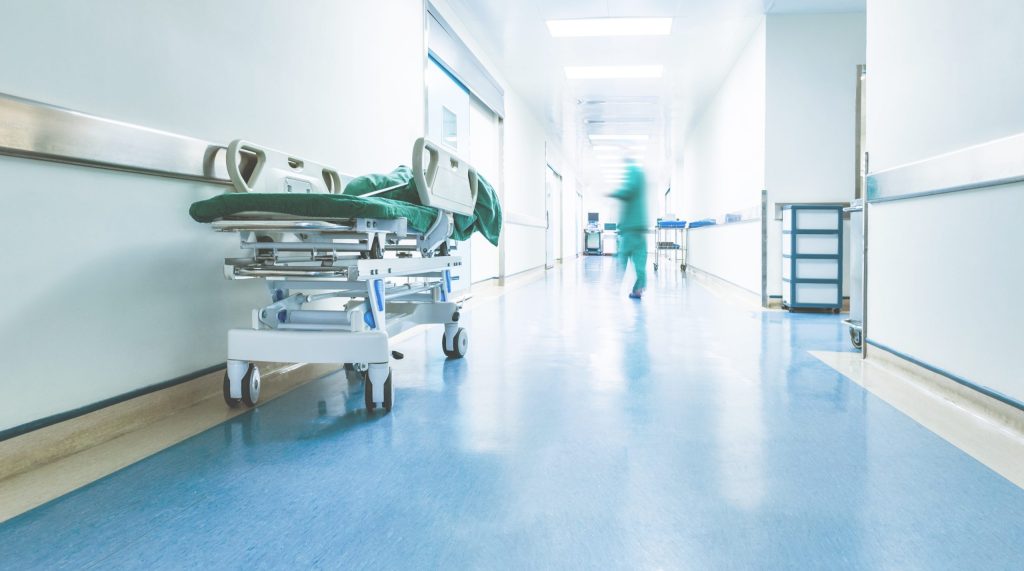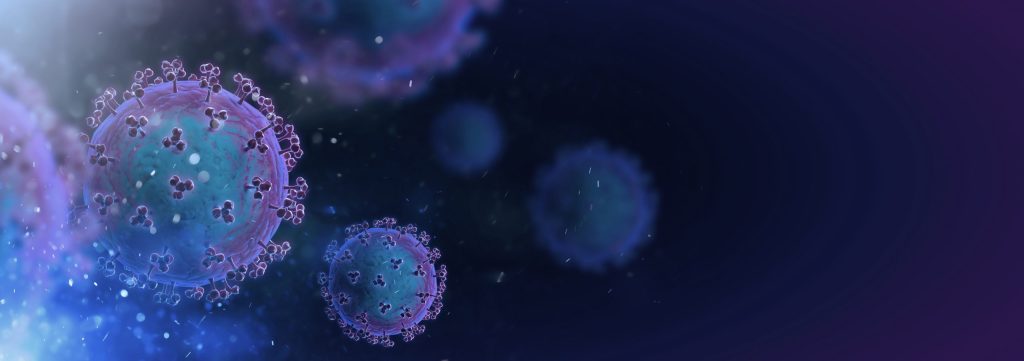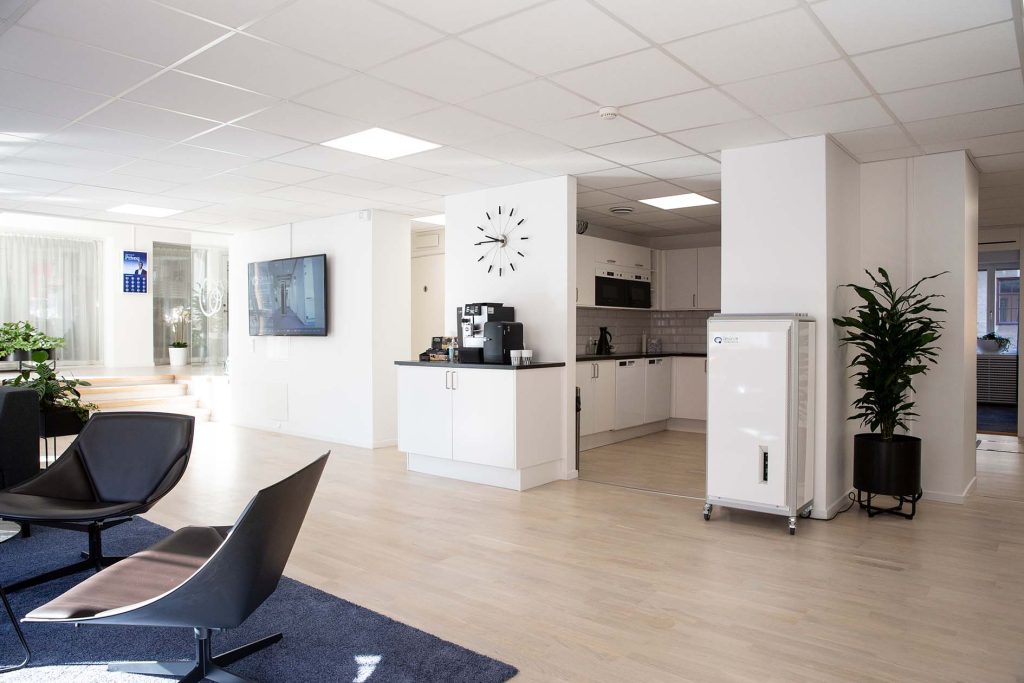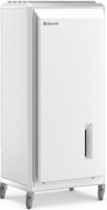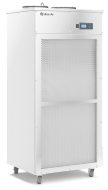Solutions / Problem areas
Viruses & bacteria
Challenges
Viruses and bacteria can be encapsulated in droplets that spread when we sneeze or cough, and in aerosols that spread when we breath, talk or sing. Droplets are bigger and will fall to the ground within 1-2 meters from the person releasing them and can be avoided by using protective gear like face masks. Aerosols are smaller and can stay in the air for hours without being easily captured by protective gear. The corona virus, SARS-CoV-2, was first believed to be transmitted primarily via contacts and droplets. Now we know that it to some extent transmits via aerosols that can fill a room and infect people at a distance. Bacteria such as listeria, salmonella, campylobacter, and e coli are primarily transmitted via contacting surfaces but will also travel via airborne transmission.

Solutions
We have a long history of helping the infection control unit at Danderyds Hospital in Sweden with a built-in air cleaning solution. During the COVID-19 pandemic, we equipped our freestanding air cleaners FS 70 with certified HEPA 14 filters to protect the staff in the intensive care unit at Karolinska University Hospital. In close collaboration with Karolinska, we also developed a new product with a smaller footprint for small rooms, FS 30 HEPA. Both products have in third party tests shown a filtering system efficiency of at least 99.995 percent. These solutions can dramatically lower the concentration of viruses and bacteria in the air and reduce the risk of being infected.
We also help several food manufacturers improve their air quality with our freestanding air cleaners, for example within baking, cheese manufacturing and the production of fresh organic delicacies. FS 70 FG HEPA is one of the products specially developed for the food beverage industry.


